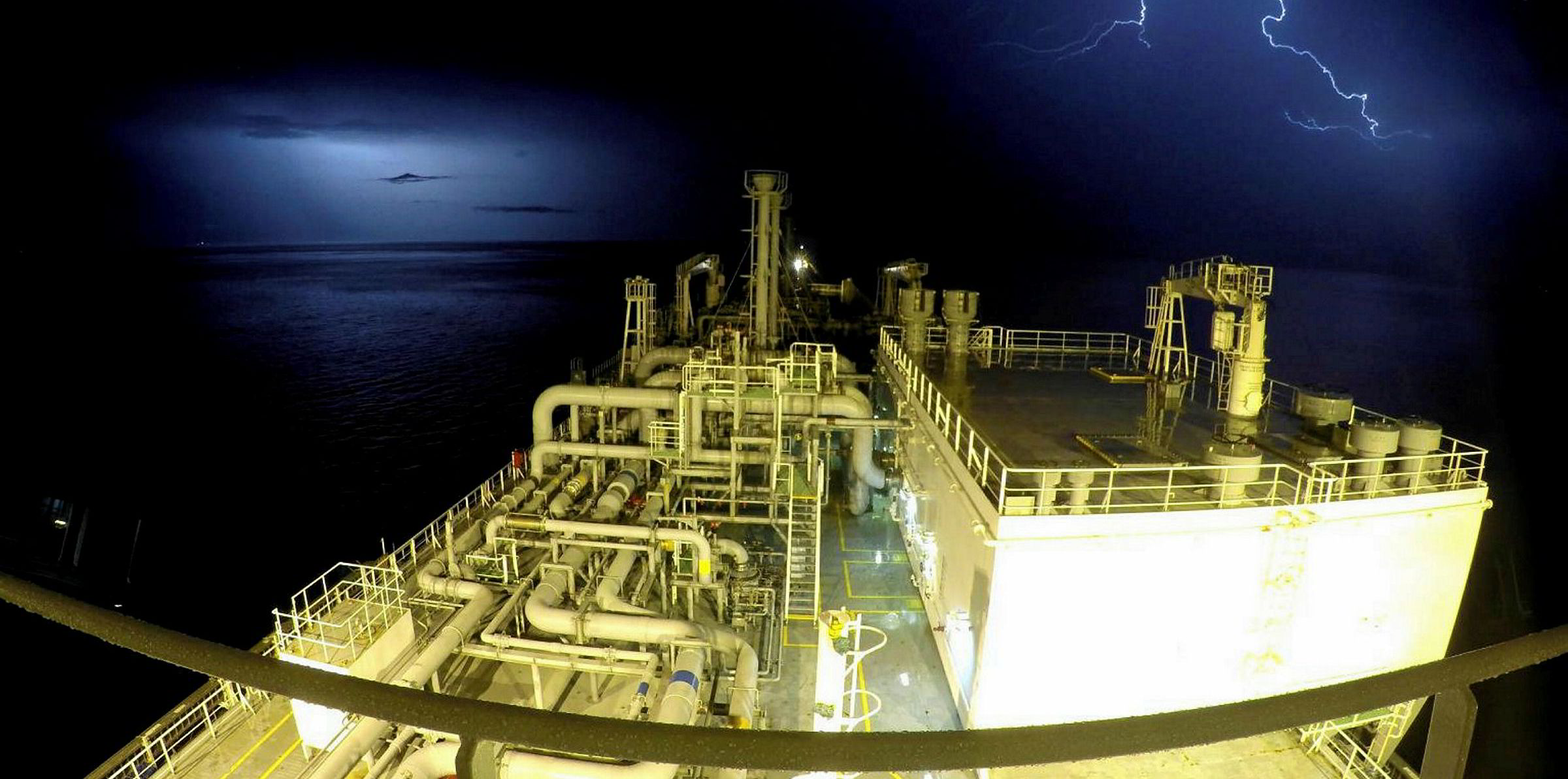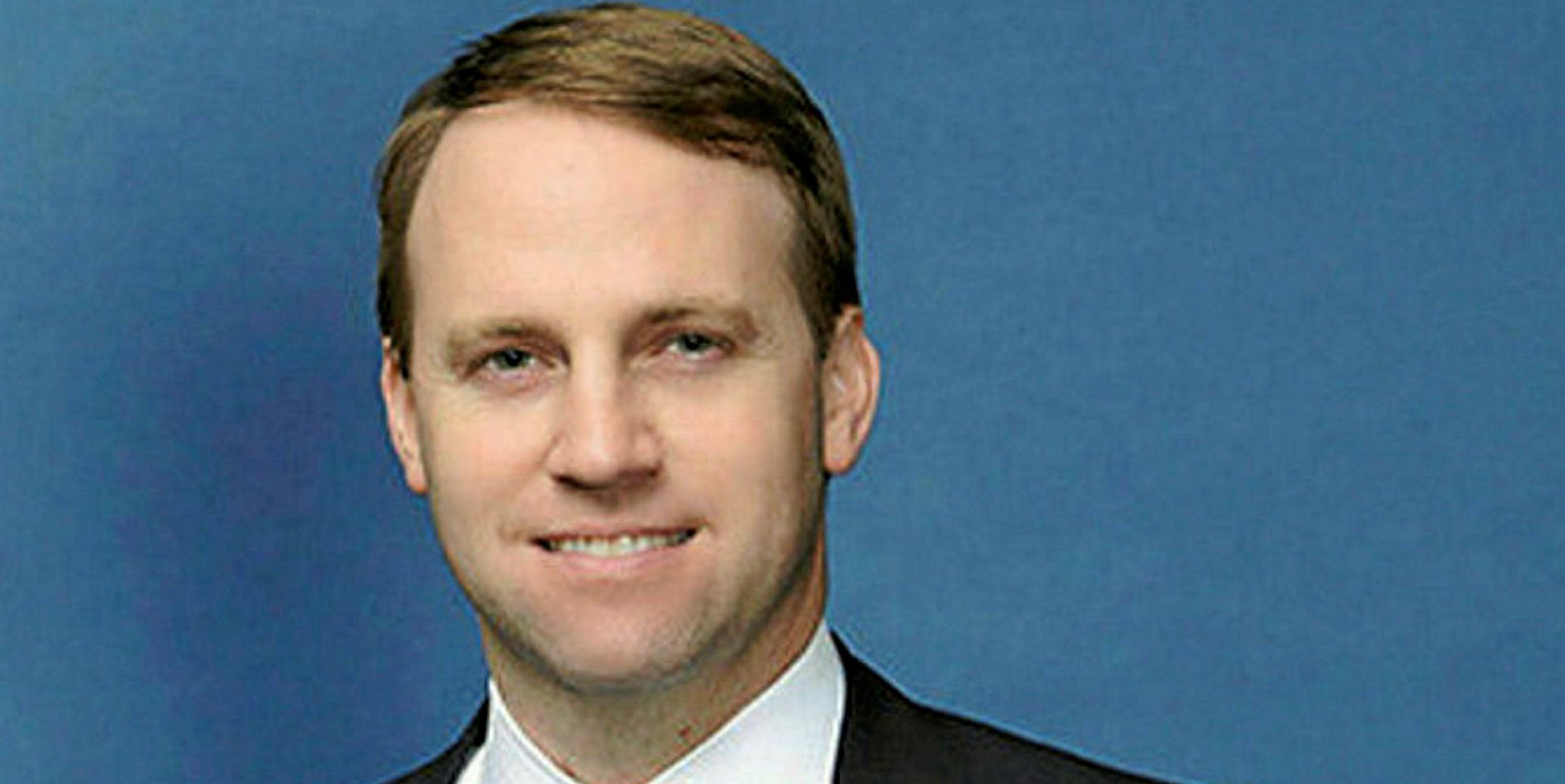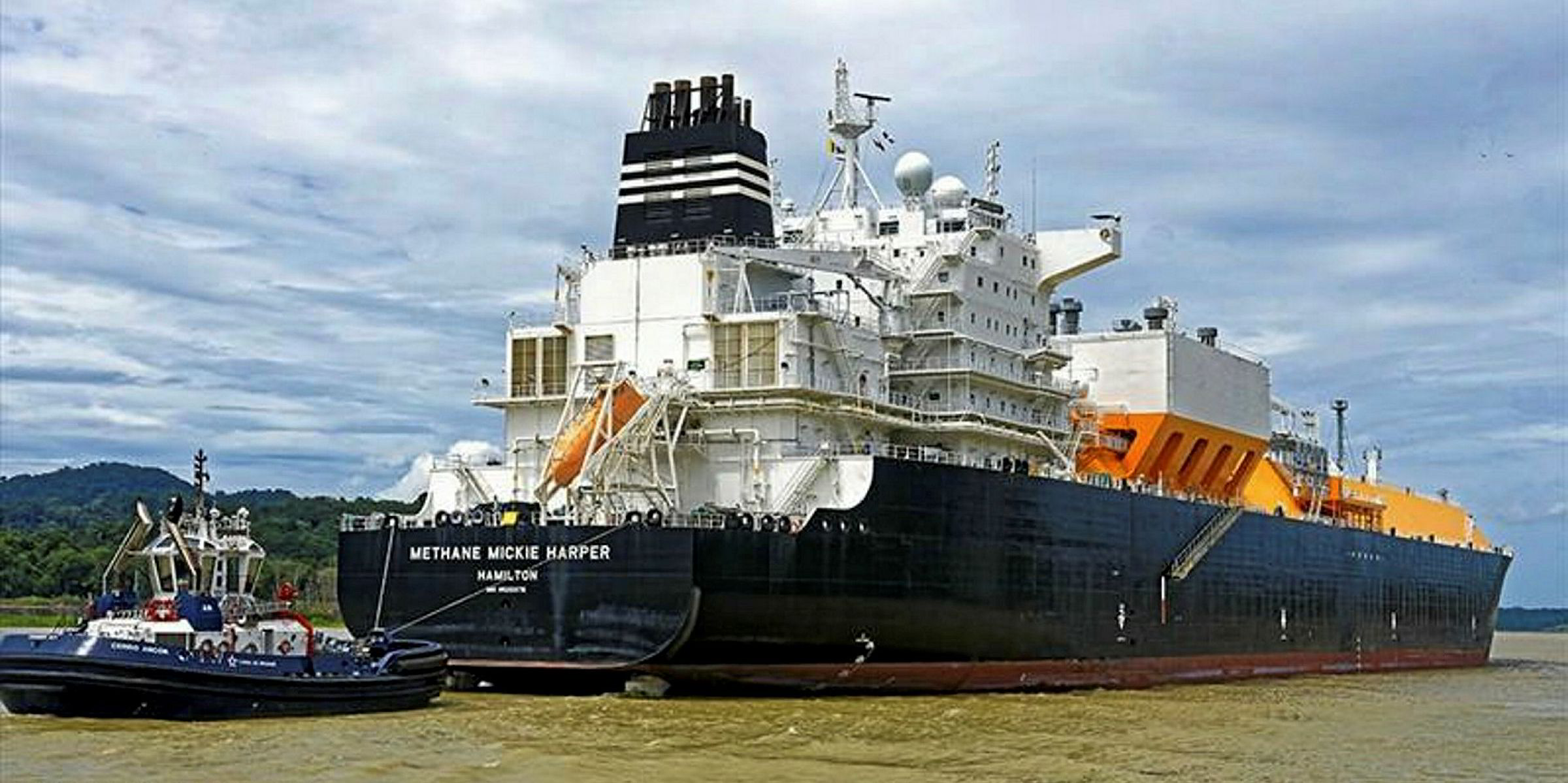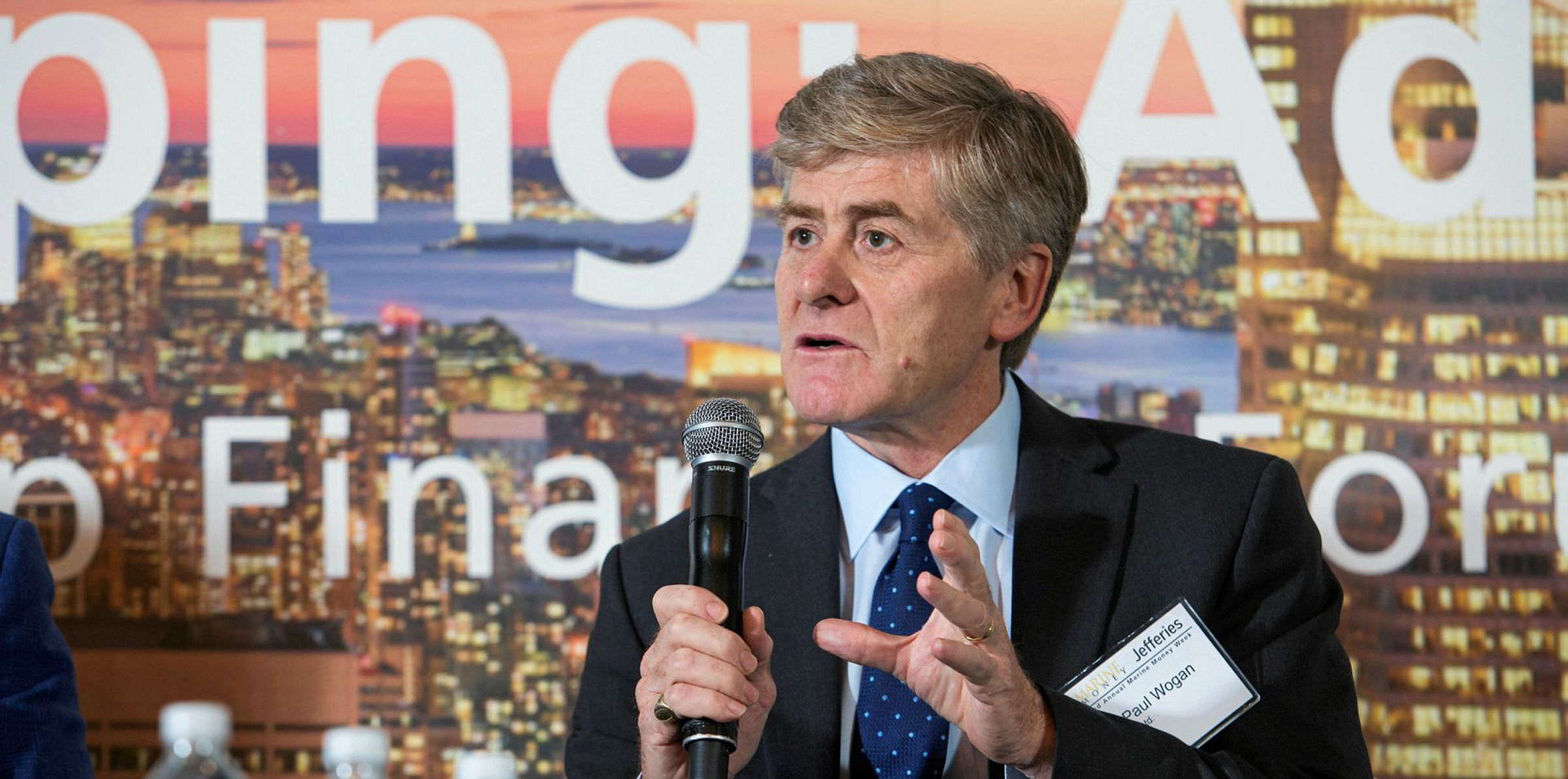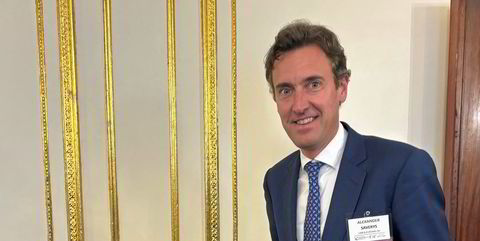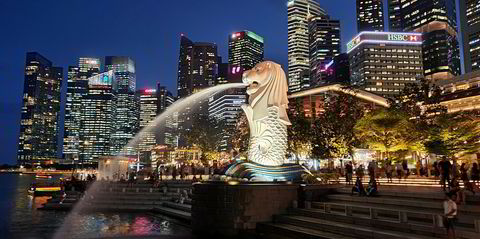Increasing spot market activity is helping provide business for older steam-turbine LNG vessels, GasLog chief executive Paul Wogan said.
Answering analysts’ questions on the company’s second-quarter results call, Wogan said the LNG market is maturing and becoming more liquid.
He said more LNG production is coming online, 25% to 30% of which is not contracted out, and the sector is also seeing US producers selling on cancelled cargoes and pushing additional product into the spot market.
GasLog and daughter company GasLog Partners control six steam-turbine LNG carriers built between 2006 and 2007.
Liquid market
Wogan acknowledged that there is a differential between old and the much newer LNG carriers with the older ships likely to trade more in the spot market.
But he said: “I would rather have a very liquid spot market where we can trade those ships than an illiquid one where people are then trying to chase whatever long-term business for older ships that they can.”
He said shorter distances work well for steam ships and pointed to the new markets are opening up into China and India as more suited to these vessels.
Wogan said he sees the increasing liquidity in the spot market is a “net positive” to improve the utilisation of these vessels.
The CEO said overall LNG demand declined 2% in the second quarter due to the Covid-19 lockdowns. He said consultant Wood Mackenzie is expecting a 2% growth for the year, while in the 2020 to 2025 period global LNG demand is expected to grow 73mt tonnes or 3% per annum.
Wogan said that in the second quarter almost half of US cargoes were exported to Asia resulting in counter-seasonal shipping demand that reflected longer trading distances and slower speeds.
He said the third quarter will be impacted by 110 cargo cancellations but these are expected to decline dramatically by the end of the quarter as the winter demand season kicks in.
For the second quarter, the CEO said broker Poten & Partners posted a record 128 spot and short-term charters. Overall spot market activity was up 64% year-on-year in the first half of 2020.
Although spot charter rates are low at present, he said: “We are encouraged by this record fixing activity as we continue to focus our commercial efforts on maximising fleet utilisation.”
Wogan added that the longer-term fundamentals of the LNG business remain intact and said the growing demand for the product will increase the demand for shipping.
